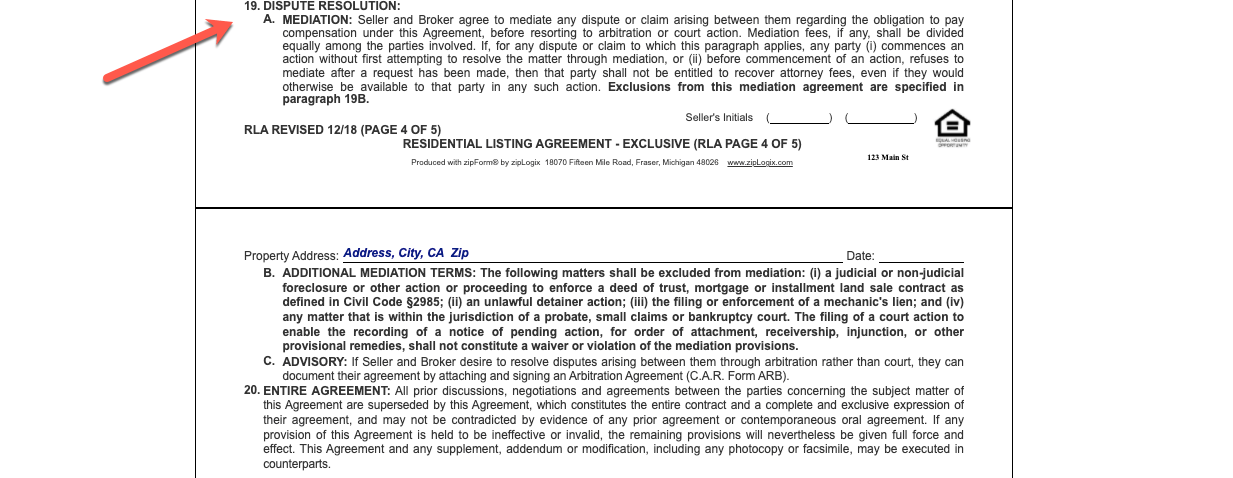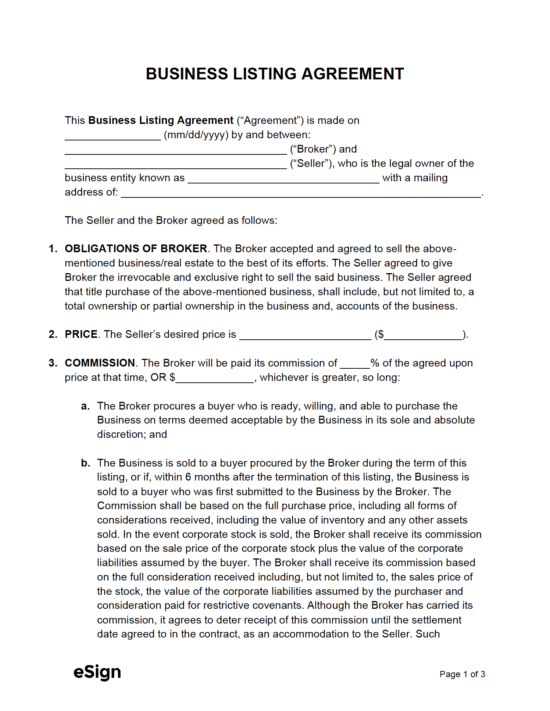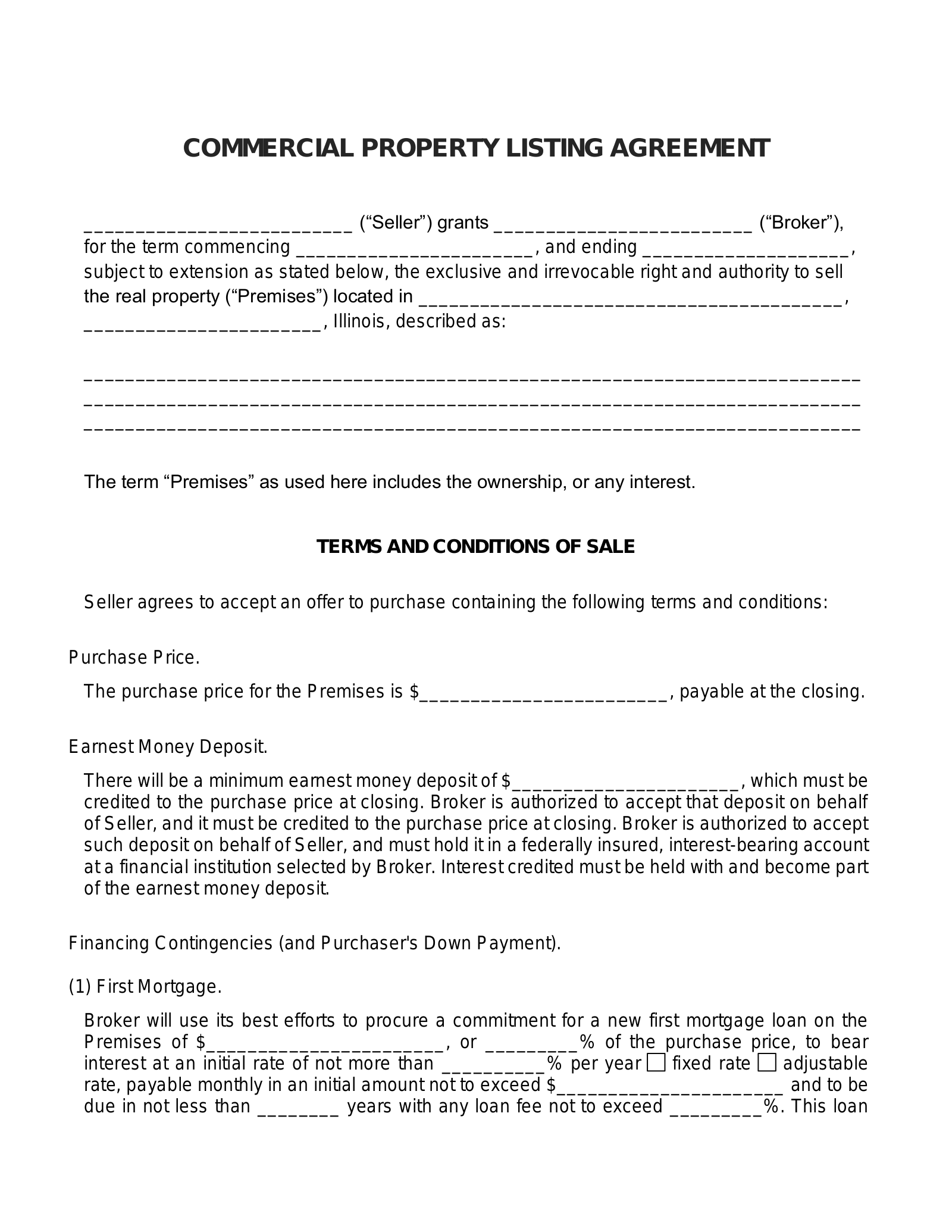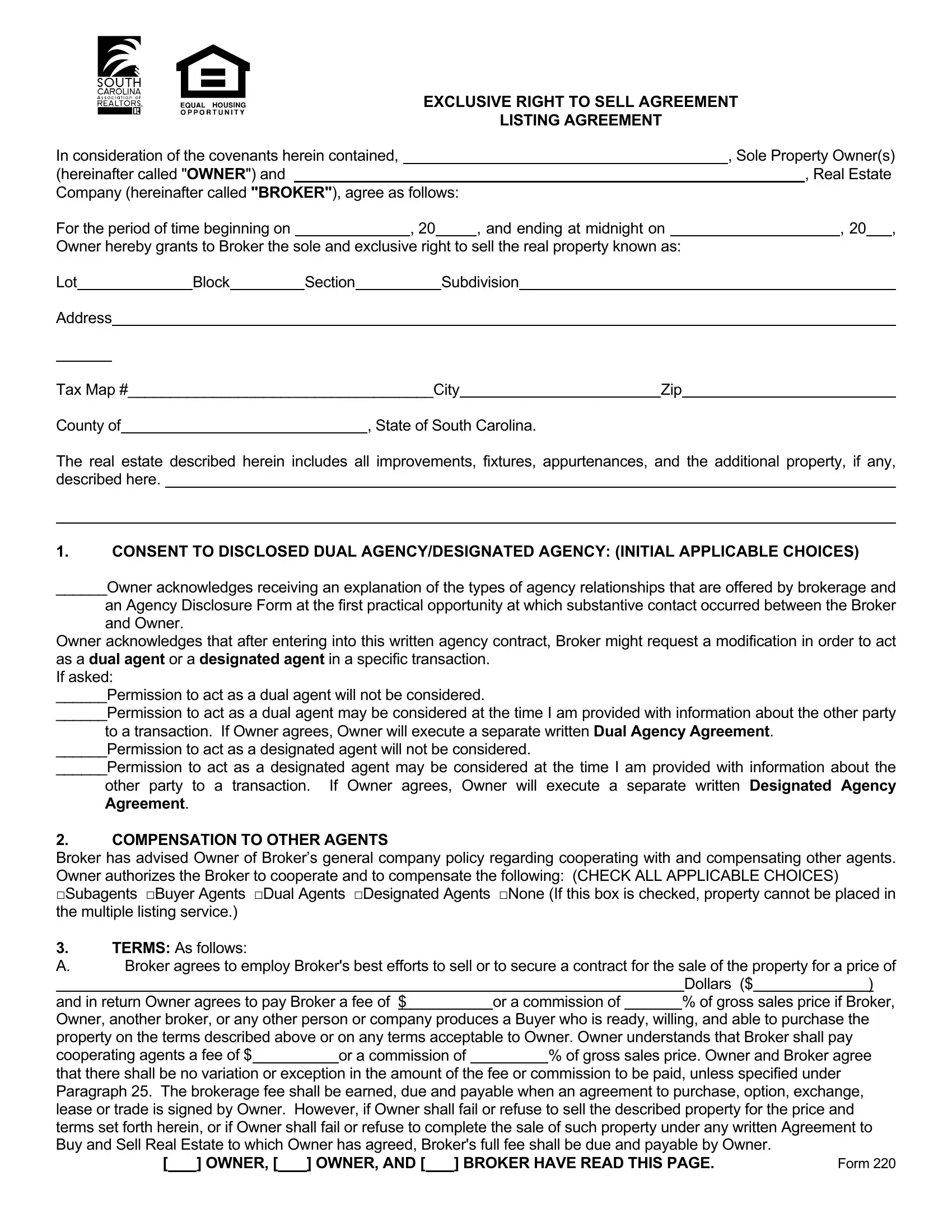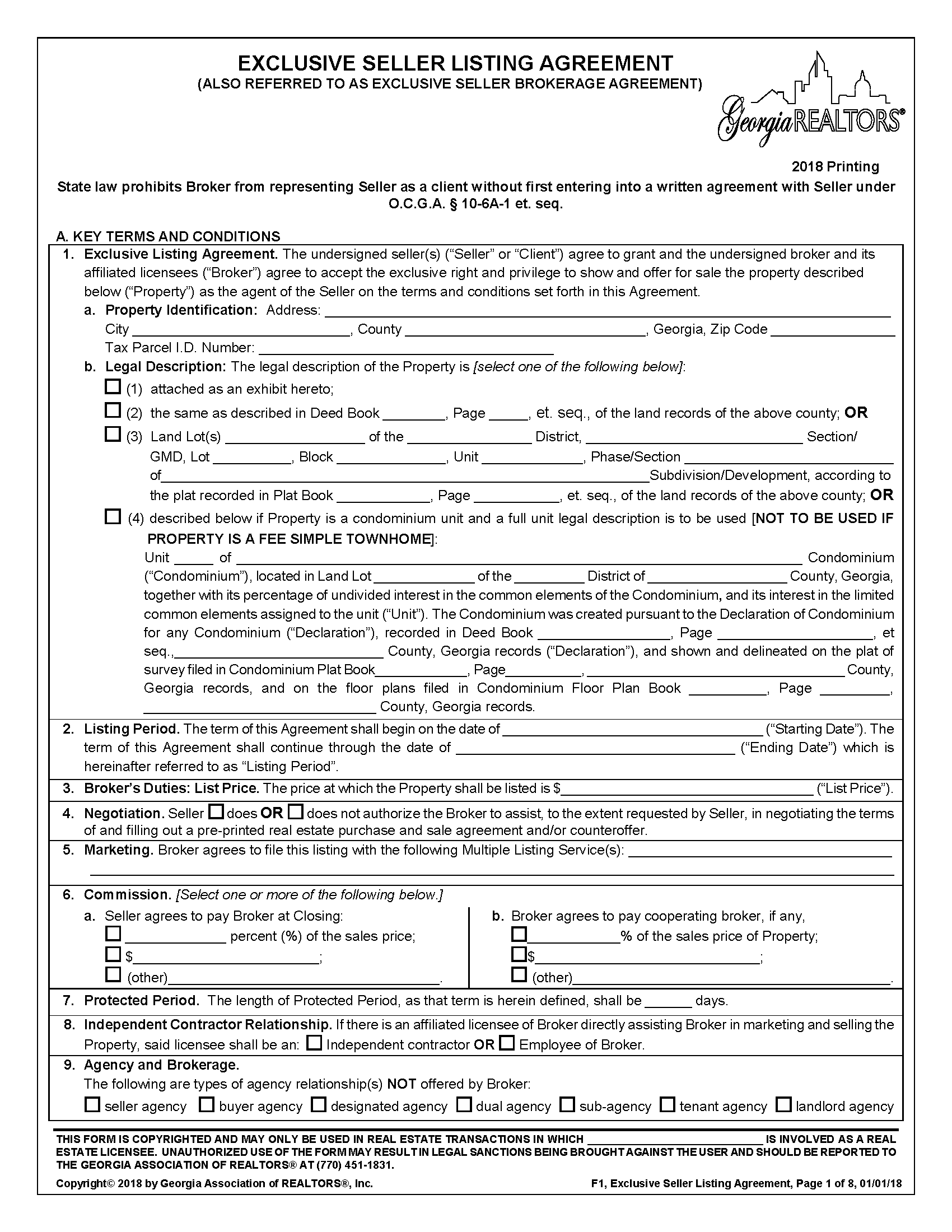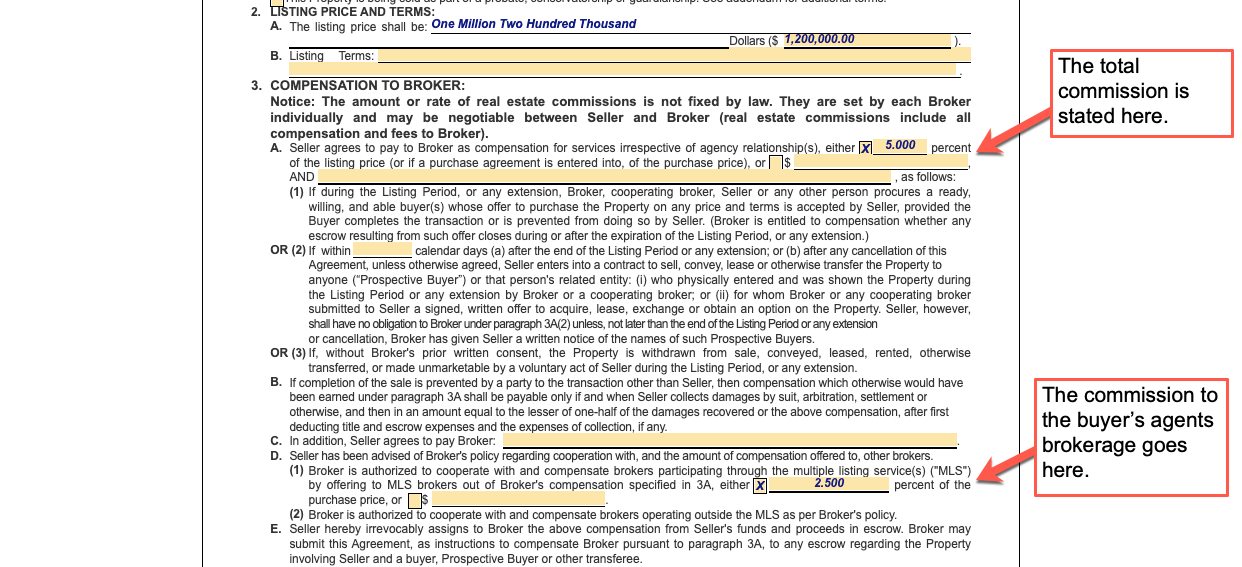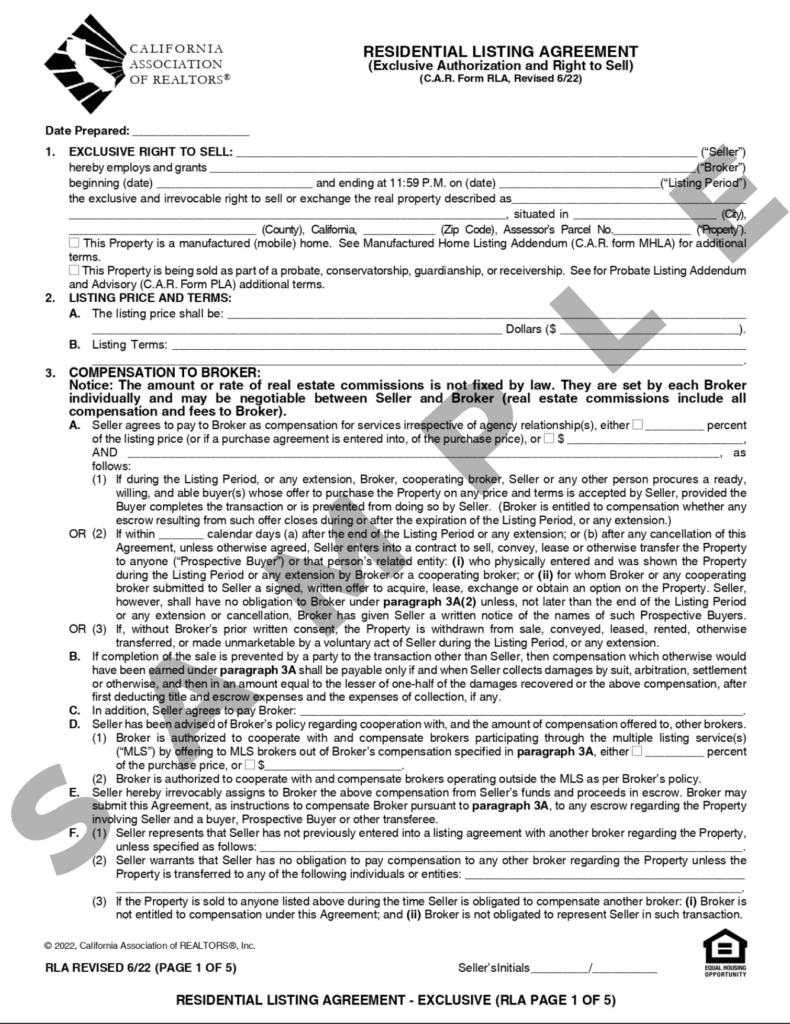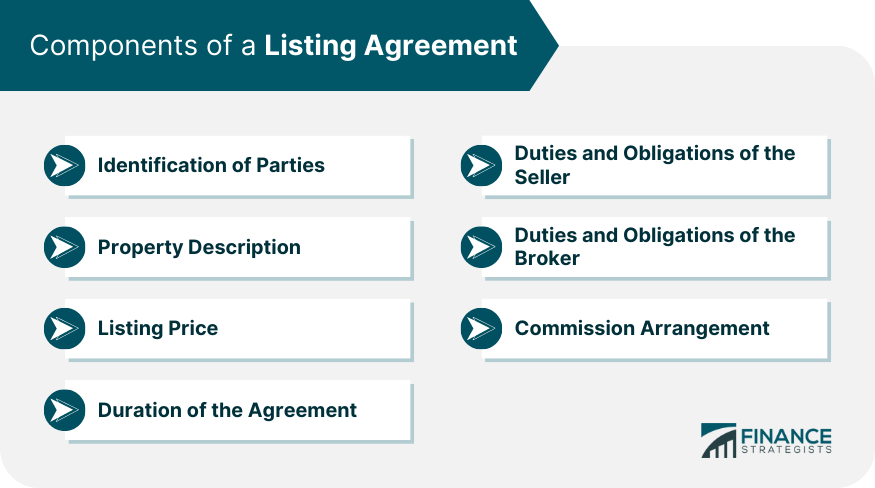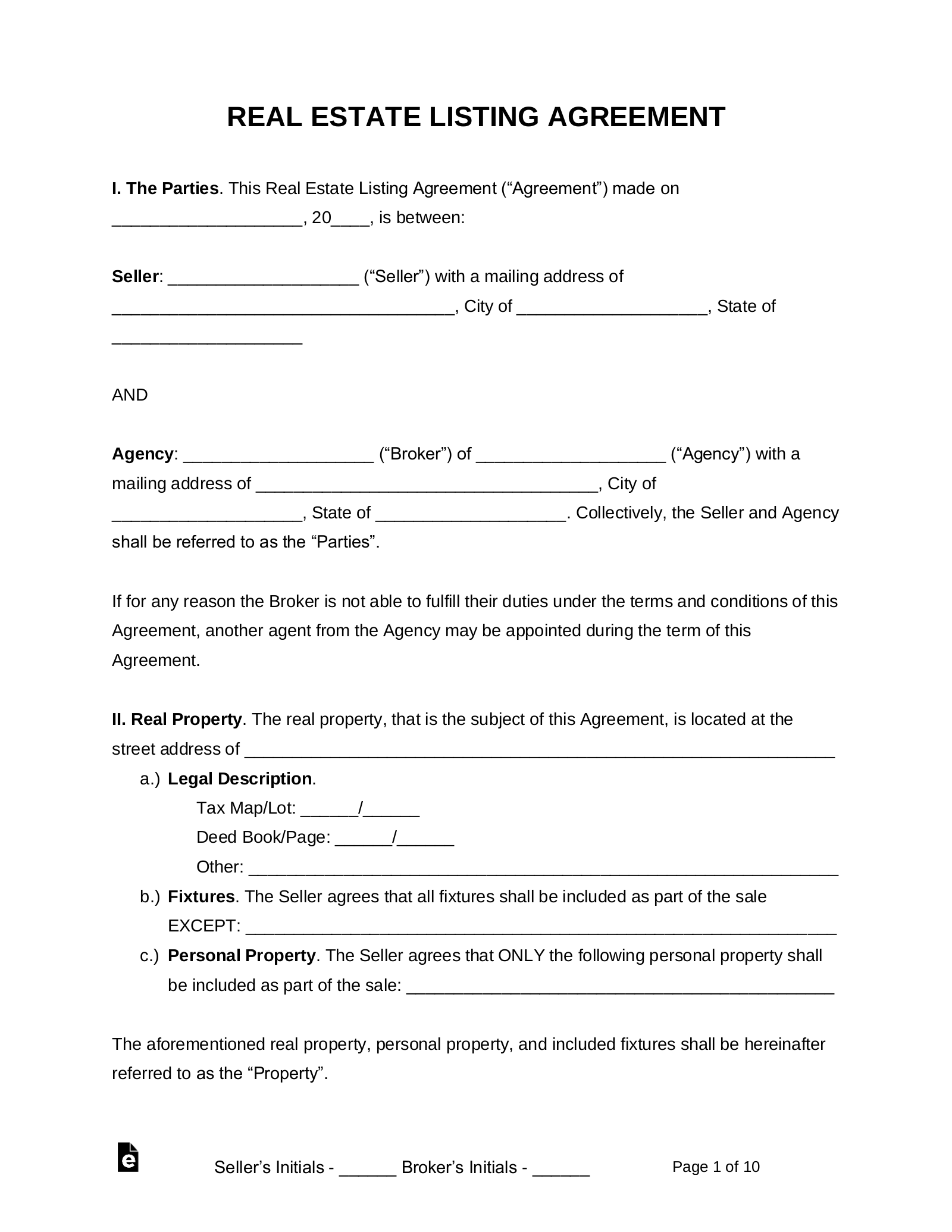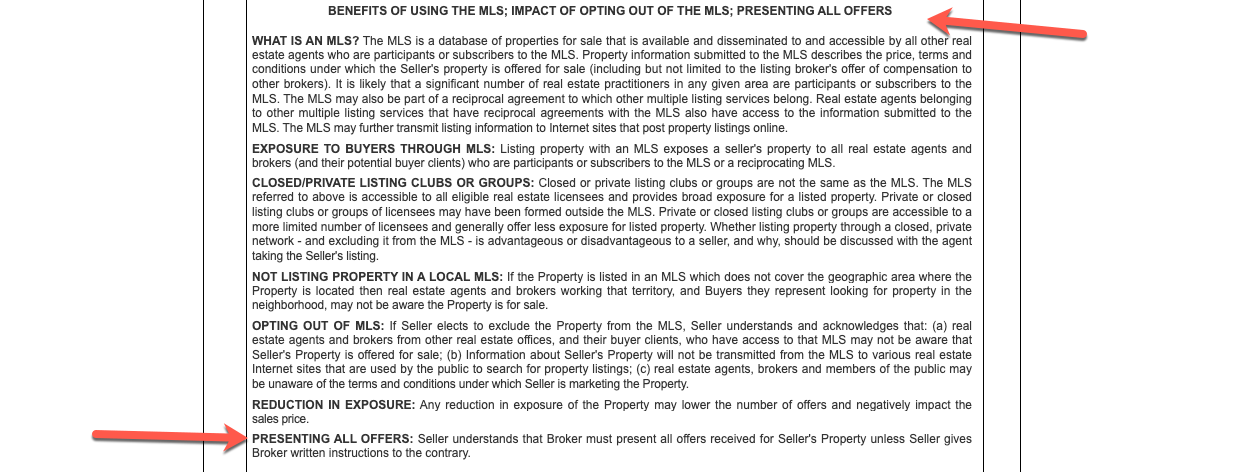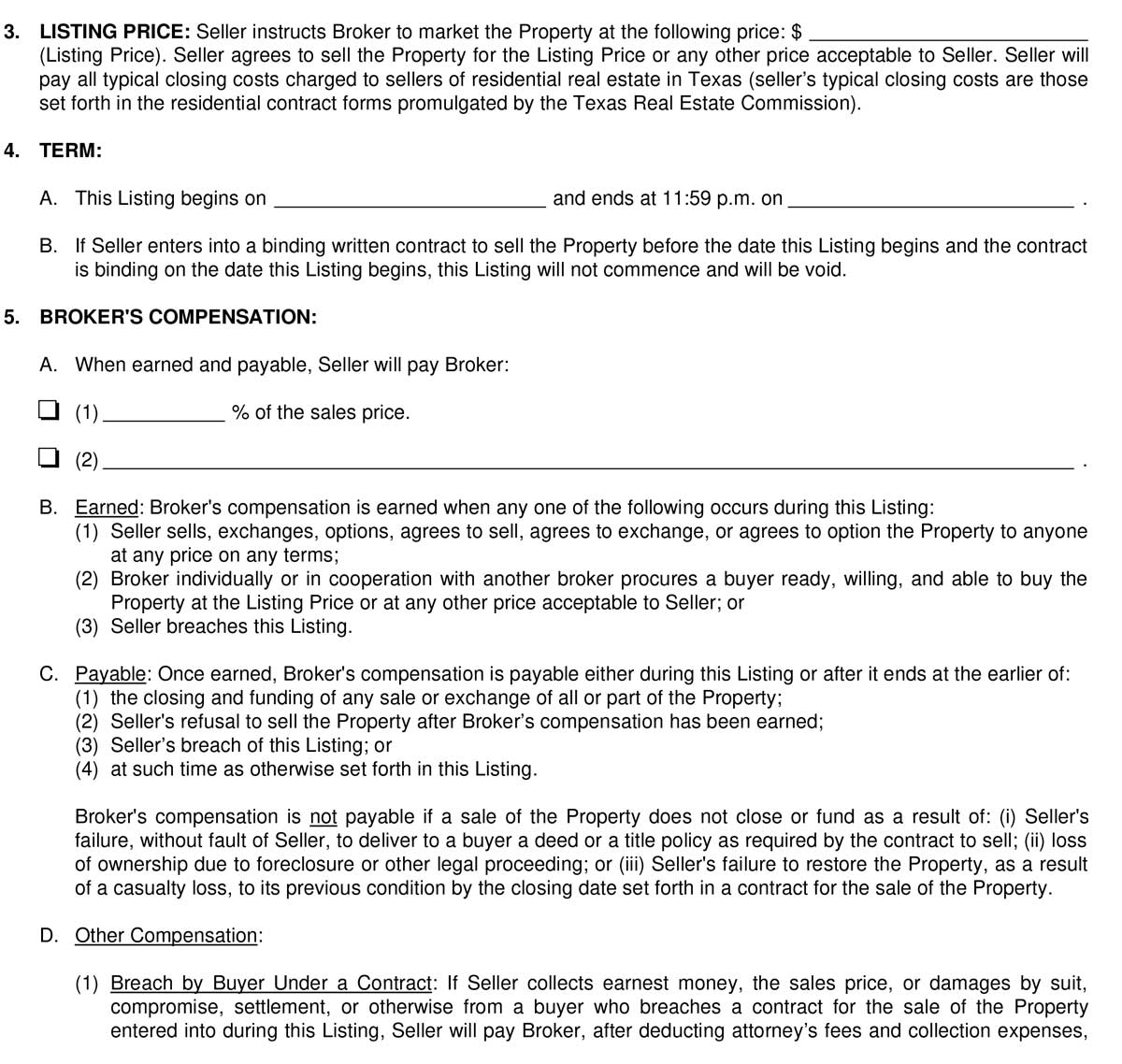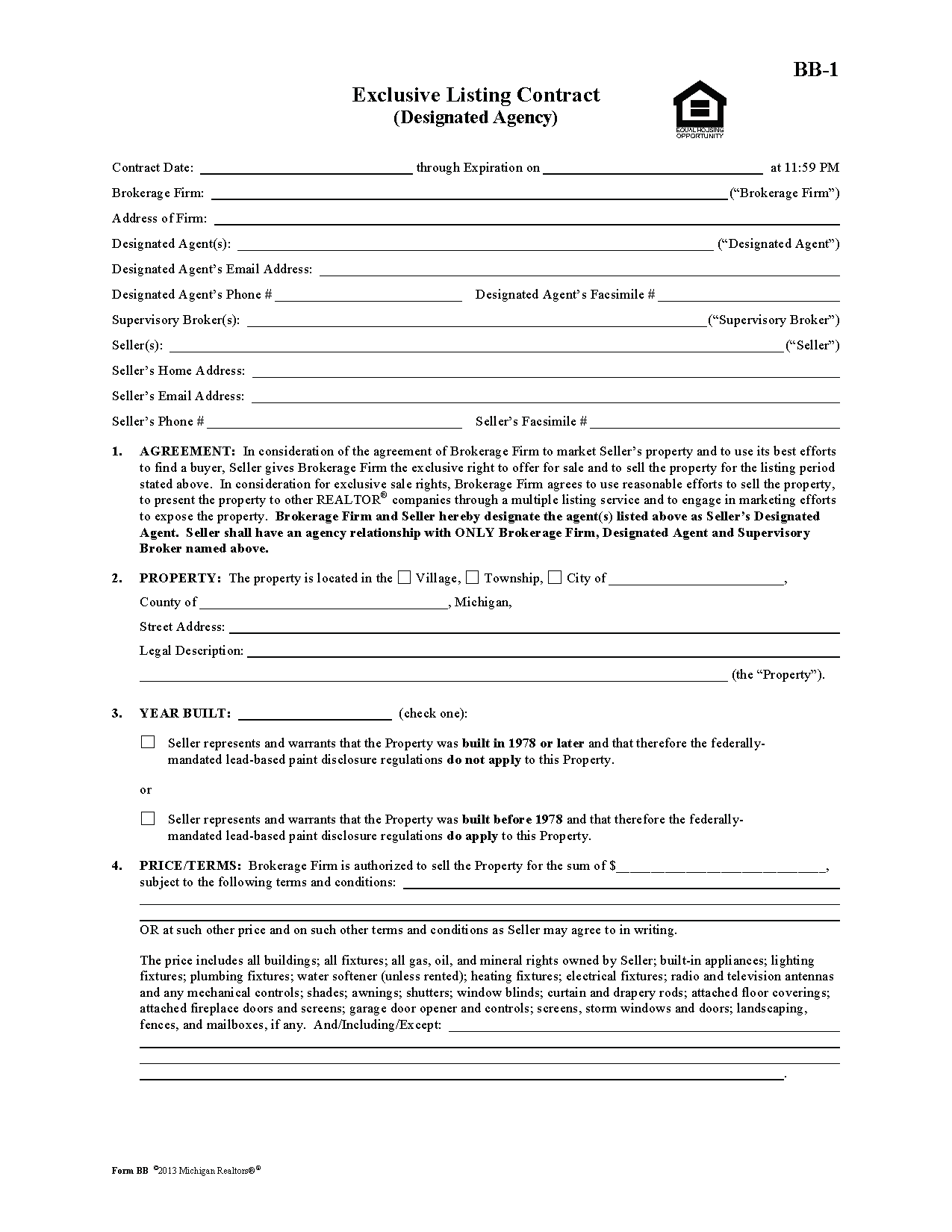Which Statement Is True Of A Listing Agreement
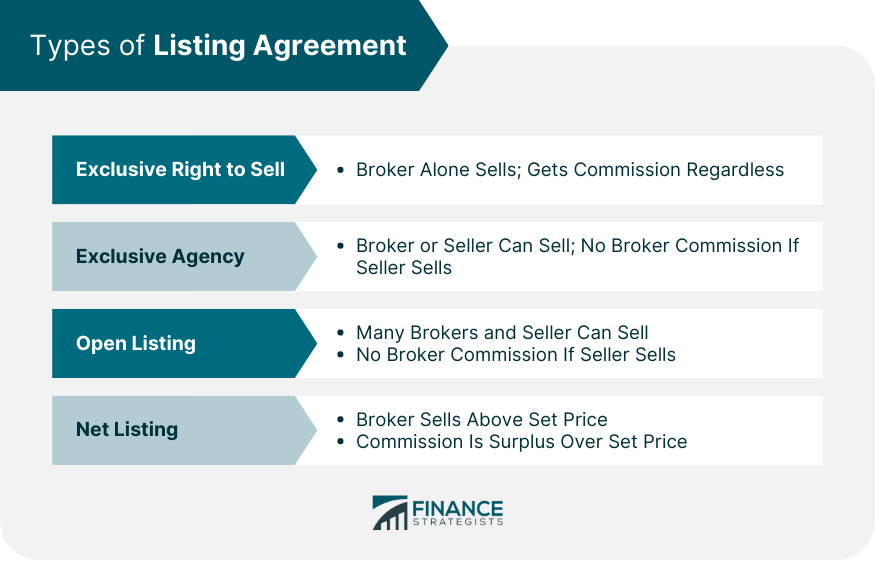
The real estate landscape can be a complex web of contracts and legal jargon, and at the heart of many property transactions lies the listing agreement. This seemingly simple document outlines the terms between a homeowner and a real estate agent, but deciphering its nuances can be challenging. Confusion often arises regarding the different types of listing agreements and the obligations they impose.
This article aims to clarify the truth about listing agreements, shedding light on their key components and addressing common misconceptions. Understanding the intricacies of these agreements is crucial for both sellers and agents to ensure a smooth and legally sound transaction. We will analyze common scenarios and provide insights based on industry standards and legal precedents.
Understanding Listing Agreements: A Closer Look
A listing agreement is a legally binding contract between a homeowner (the seller) and a real estate brokerage. It grants the brokerage the exclusive right to market and sell the property. It is not a mere formality, but a document that dictates the responsibilities, rights, and compensation of both parties.
The agreement specifies the duration of the listing, the asking price for the property, and the commission that the brokerage will receive upon a successful sale. It also outlines the broker's duties to the seller, such as marketing the property, negotiating offers, and assisting with closing.
Key Types of Listing Agreements
There are primarily three types of listing agreements. Each type offers a different level of exclusivity and control to the brokerage and the seller. Selecting the right type depends on the seller's individual needs and circumstances.
Exclusive Right to Sell: This is the most common type of listing agreement. It grants the brokerage the exclusive right to sell the property during the agreed-upon term. Even if the seller finds a buyer on their own, the brokerage is still entitled to the commission.
Exclusive Agency: This agreement grants the brokerage the exclusive right to sell the property, but with one crucial exception. If the seller finds a buyer independently, the brokerage is not entitled to a commission. This arrangement offers a balance between representation and control for the seller.
Open Listing: In an open listing, the seller can hire multiple brokerages to market the property. Only the brokerage that successfully procures a buyer is entitled to a commission. The seller also retains the right to sell the property independently without owing a commission.
Common Misconceptions and Clarifications
One common misconception is that a listing agreement is easily terminable. While there are circumstances where termination is possible, it's usually not a simple process. Sellers should carefully review the termination clauses and potential penalties before signing an agreement.
Another misunderstanding revolves around the broker's obligations. Brokers are obligated to act in the seller's best interests, but their duties are defined by the agreement and applicable laws. Sellers cannot expect brokers to perform services beyond the scope of their contractual obligations.
Furthermore, the commission rate is not always fixed. While standard rates exist, commissions are negotiable between the seller and the brokerage. Transparency and clear communication are crucial to avoid disputes later on.
"Understanding the nuances of each listing agreement is paramount for homeowners. Before committing, carefully review the terms, seek legal advice if needed, and choose an agreement that aligns with your specific goals and comfort level," advises John Smith, a real estate attorney with over 20 years of experience.
Implications for Sellers and Agents
For sellers, choosing the right listing agreement is a strategic decision that can significantly impact the outcome of the sale. They must consider their willingness to relinquish control, their comfort level with paying a commission, and their desire for professional representation.
For agents, understanding the different types of listing agreements is essential for providing informed advice to their clients. They must clearly explain the advantages and disadvantages of each option. They should help sellers choose the most suitable arrangement.
A well-structured listing agreement protects the interests of both parties. It minimizes the risk of disputes and ensures a smooth and ethical transaction. It sets clear expectations and responsibilities for both the seller and the real estate agent.
The Truth About Listing Agreements: Protecting Your Interests
In conclusion, the "truth" about listing agreements is that they are legally binding contracts that require careful consideration. Selecting the appropriate type of agreement, understanding the terms, and clarifying any ambiguities are critical steps in the real estate process.
By being informed and proactive, both sellers and agents can navigate the complexities of listing agreements with confidence. Doing so will secure a successful and mutually beneficial outcome. The key is to approach the process with a clear understanding of the rights and obligations involved.
